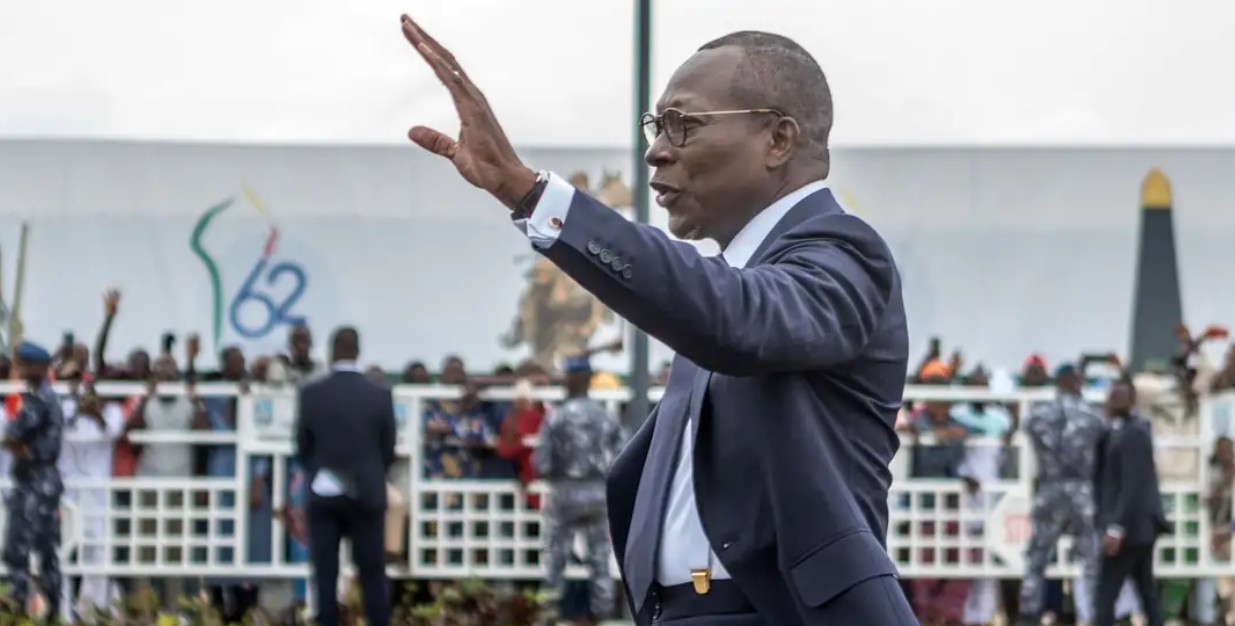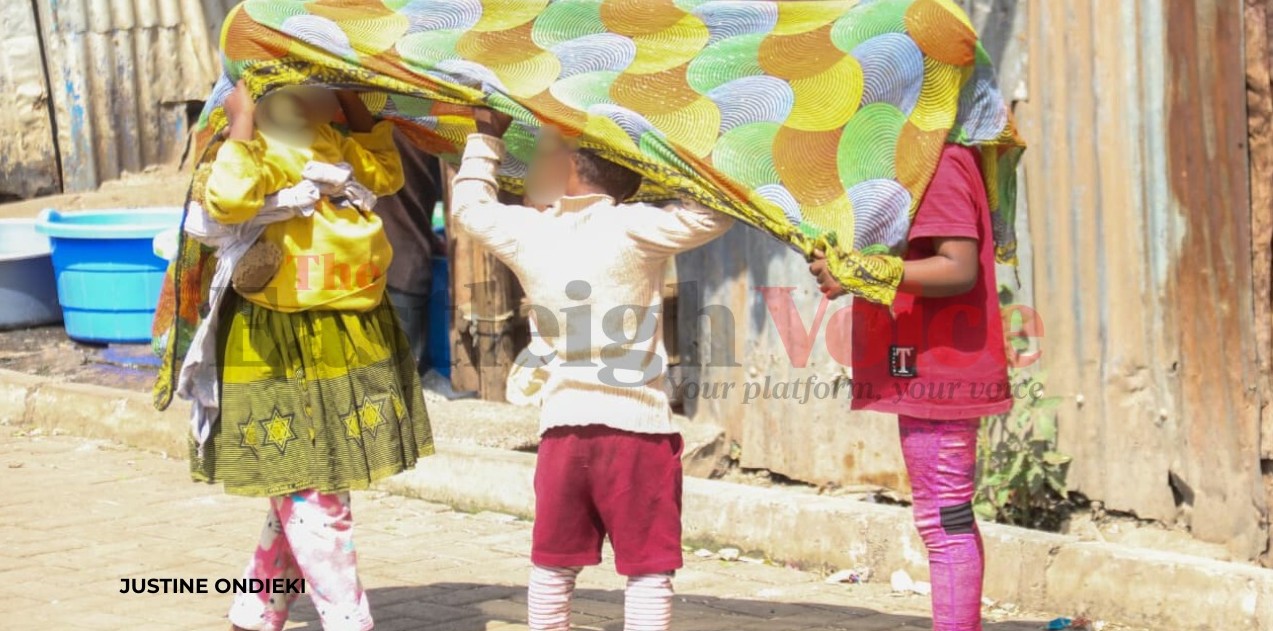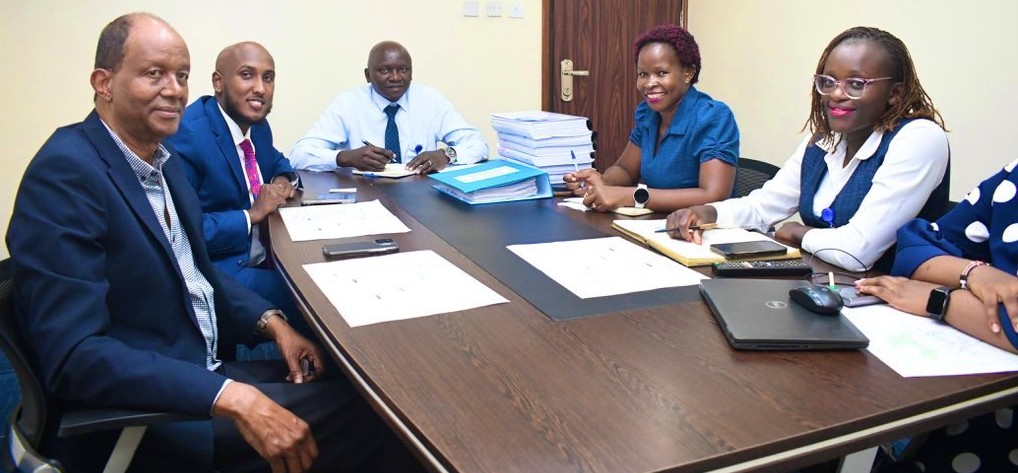World Teachers’ Day 2025: UNESCO warns poor support systems are driving teachers out of the profession

Only 14 per cent of low-income countries have policies mandating continuing professional development for primary school teachers.
The United Nations Educational, Scientific and Cultural Organisation (UNESCO) has called for teaching to be recognised as a collaborative profession as the world marks World Teachers’ Day 2025, warning that the lack of cooperative structures in schools undermines teacher growth and education quality.
According to the organisation, many teachers continue to work in isolation without the mentoring, teamwork and peer support that help improve classroom practice and morale.
More To Read
- Government defends use of intern teachers in junior schools amid calls for permanent jobs
- Over 30,000 teachers set for senior school curriculum training ahead of 2026 transition
- Ruto announces recruitment of 24,000 more teachers by January to ease national shortage
- Intern teachers warn they will not resume duties in January without permanent status
- Mombasa MCAs raise alarm over severe teacher shortage in ECDE, Vocational Training Centres
- Taita Taveta hosts first-ever ECDE Teacher of the Year awards
This year’s celebration, held under the theme “Recasting teaching as a collaborative profession,” focuses on the importance of collaboration as a driver of educational transformation. UNESCO said persistent inequalities in access to continuing professional development prevent many teachers from engaging in collaborative learning that enhances their skills and motivation.
A new fact sheet released by the UNESCO Institute for Statistics (UIS) and the Teacher Task Force reveals that only 14 per cent of low-income countries have policies mandating continuing professional development for primary school teachers. The report notes a decline in the number of trained teachers in sub-Saharan Africa, with the share of trained primary school teachers falling from 85 per cent to 69 per cent and trained secondary school teachers dropping from 79 per cent to 59 per cent between 2000 and 2024.
UNESCO warned that the lack of support for teachers undermines both education quality and equity and contributes to an increasing number of teachers leaving the profession. Globally, an additional 44 million teachers will be needed by 2030 to achieve universal primary and secondary education.
In a joint message, UNESCO Director General Audrey Azoulay, International Labour Organisation (ILO) Director General Gilbert F. Houngbo, UNICEF Executive Director Catherine Russell, and Education International (EI) General Secretary David Edwards called on governments, partners, and the international community to make collaboration a professional norm.
“On this World Teachers’ Day, UNESCO, ILO, UNICEF and Education International call on governments, partners and the international community to make a collective commitment to ensuring that collaboration is recognised as a norm within the teaching profession, because it is only through effective cooperation at all levels that we can build truly inclusive, equitable and resilient education systems worldwide,” they said in a statement on Sunday.
The leaders said teachers are the backbone of quality education, driving learning, inclusion and innovation in schools and societies. Yet, they cautioned, the profession is facing an unprecedented crisis that demands political commitment at the highest level.
The Global Report on Teachers also revealed that the number of teachers leaving the profession has doubled in just seven years, further worsening the global shortage. The report attributed this to poor working conditions, professional isolation and limited opportunities for continued development, peer learning and cooperation.
“Reversing current trends in teacher attrition and recruitment demands not only increased investment but also policies that foster collaborative working environments throughout teachers’ careers,” the organisations added.
UNESCO emphasised that fostering collaboration should start at the beginning of a teacher’s career through co-teaching, mentoring and shared reflection. Since 2018, the organisation has supported the training of over 1.4 million teachers globally, providing them with opportunities to strengthen their skills alongside experts and peers.
The groups noted that while no technology can replace the humanity of teachers, digital tools now enable educators to collaborate across regions and disciplines more easily than before. Teachers, therefore, need to know how to use these technologies to strengthen cooperation and dialogue with colleagues and students alike.
The organisation urged countries to adopt policies on shared school leadership, noting that teacher collaboration enhances motivation, professionalism and well-being across the education sector.
UNESCO also highlighted the Santiago Consensus, adopted during the first-ever World Summit on Teachers, held in Chile. The consensus recognises teachers’ power as the cornerstone of education and defines teaching as an inherently collaborative profession built on collective empowerment and shared impact.
Beyond classroom collaboration, UNESCO said cooperation should also guide education policymaking.
“Through social dialogue, consultation and co-design, teacher unions and professional associations can ensure that policies are legitimate and grounded in classroom realities,” it said.
World Teachers’ Day, marked annually on October 5, commemorates the 1966 ILO/UNESCO Recommendation concerning the Status of Teachers, which sets standards for teachers’ rights, responsibilities, recruitment and working conditions. It also complements the 1997 Recommendation on the Status of Higher Education Teaching Personnel.
Established in 1994, the day not only celebrates teachers’ achievements but also provides an opportunity to reflect on the support they need to thrive and to chart a collective way forward for the teaching profession globally.
Top Stories Today













































